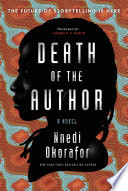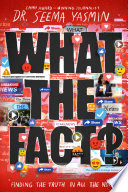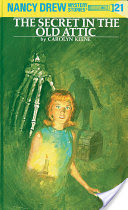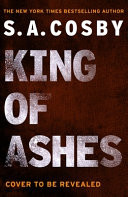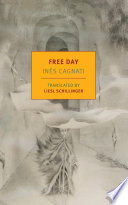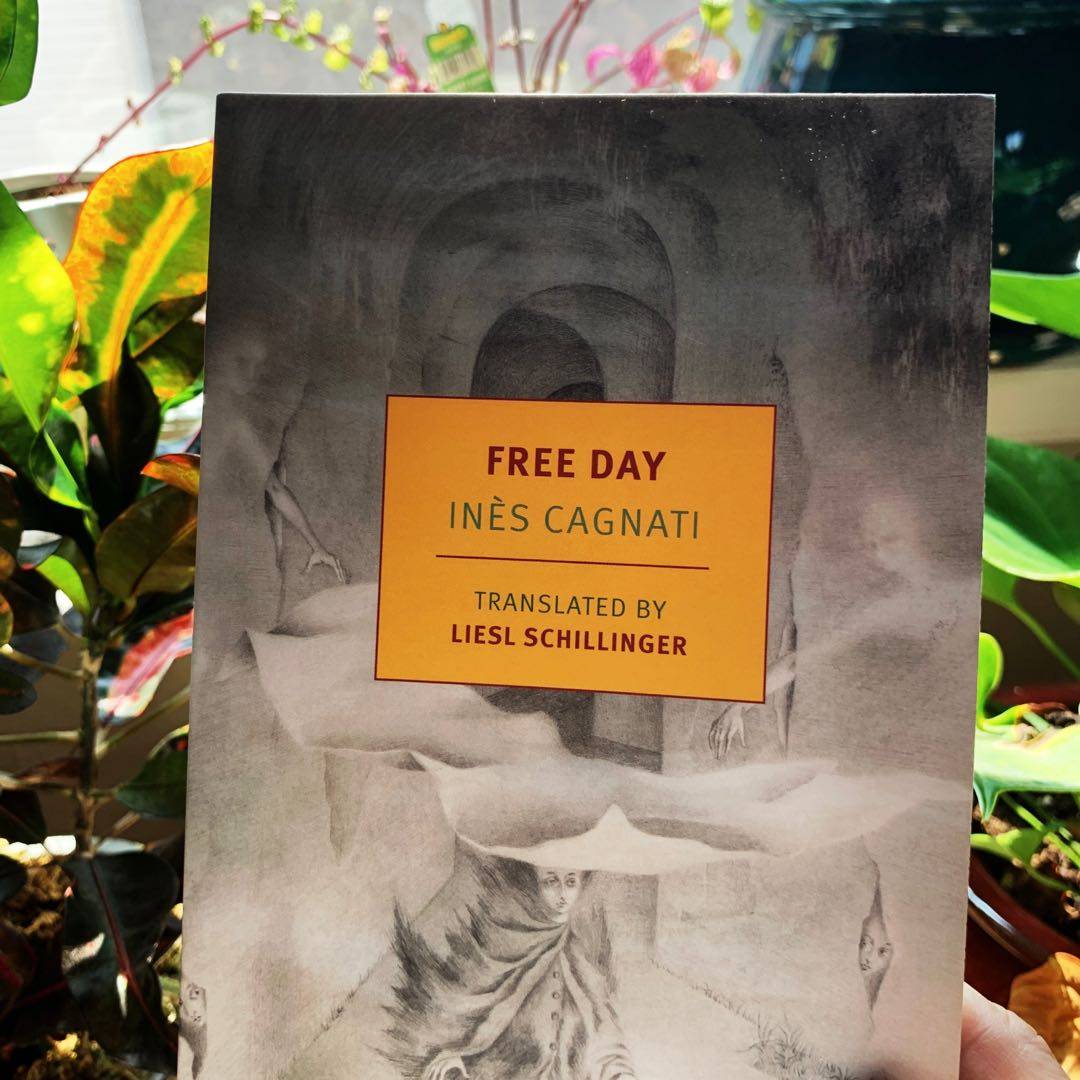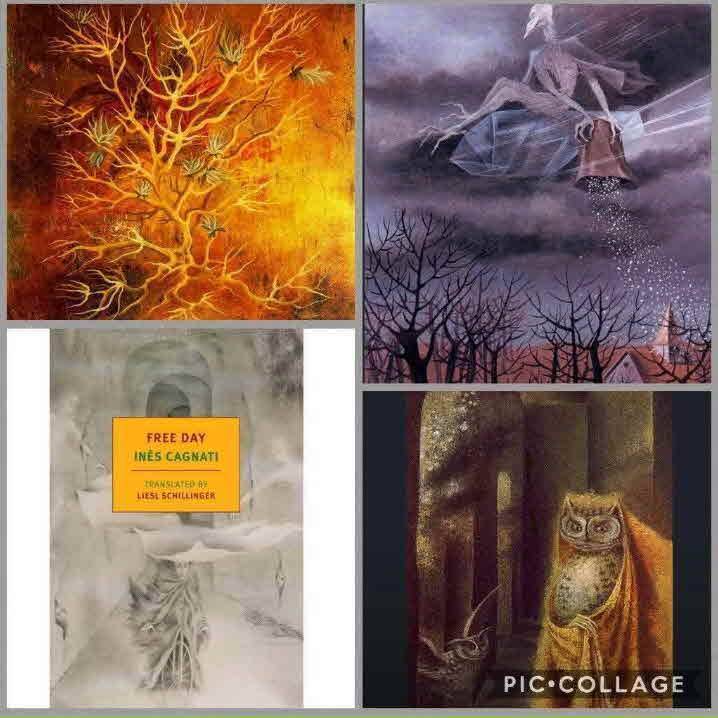
I could have used a few books for today's prompt, but I immediately thought of the tagged book read for #NYRBBookClub For some reason the passage about the multicolored #scarf that our narrator's friend bought her always stuck with me. It was a splash of color in an otherwise relentlessly bleak book. This book has continued to stay with me since reading it, one of the surprises of the year. #GratefulHarvest @eggs @alwaysbeenaloverofbooks






